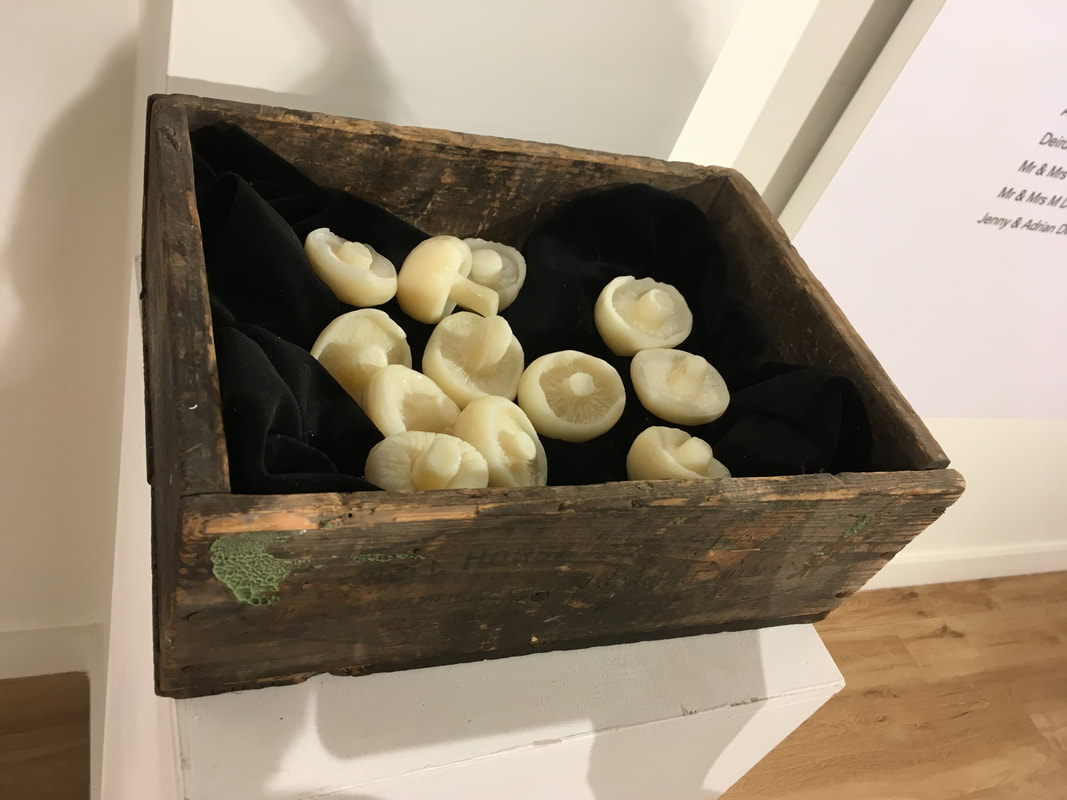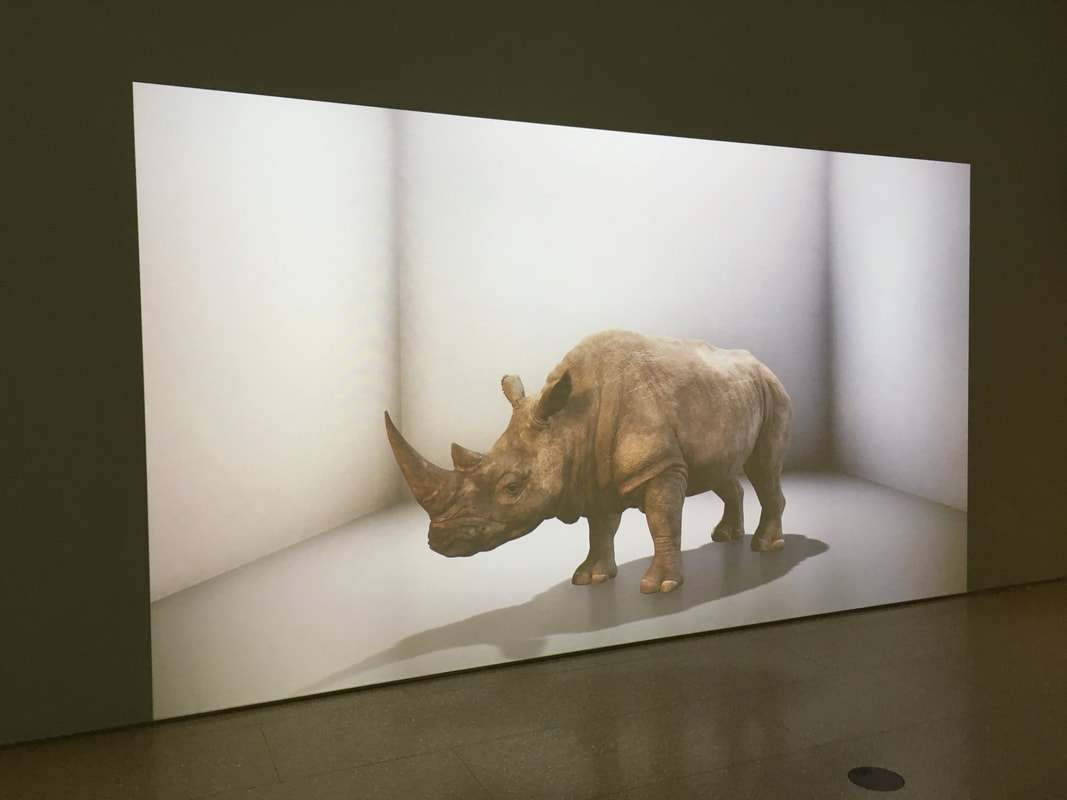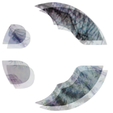|
Earlier this month I had the pleasure to join Sherborne Girls for their ‘Back to Nature’ day, which a cross-curricula activity, explored humanity’s “artistic response to nature and our impact on the planet”. A testament to weeks of endeavour on the part of pupils and staff, including workshops and copious research, the event featured debates, concerts, art exhibitions, and scientific discussions interrogating "how our relationship with nature has changed and evolved" over time. The day started with a junior debate asking, 'in this era of climate change, should people have more than two children', in which both debating teams presented compelling arguments that exhibited an impressive depth of research, maturity, and understanding of this contentious and complex topic. The debate was followed by a flawlessly delivered junior concert (pictured below) comprising musical pieces including solo and duet piano concertos; solo, duet, and quartet wind and string compositions; poetry and readings; and choral and orchestral pieces, and all to a backdrop of nature-themed images, films, and citations. Guests then enjoyed art exhibits displayed in the school gallery, which spanning multiple media included the wax-work piece pictured above. I then delivered an hour lecture in the school hall, which titled 'Nature 360°: Back to Our Nature Future' discussed how our understanding of nature has changed over time; how we viewed nature in the past, how we view it now, and how we may view it in the future; how new science, design, engineering, and technology may play a part in changing our intellectual, emotional, and physical relationship with nature; and the array of jobs, industries and opportunities that may emerge in the years and decades ahead. The day was rounded up by the senior concert, which presented yet more thoughtful, inspiring, and beautiful musical compositions. Well done to all pupils and staff for their exceptional and timely work, which did more than justice to their ambitious brief. If giving them a grade for the day, I would give them an A++ and a gold star!
0 Comments
On show at the Royal Academy, London from November 2019 to February 2020, Eco-Visionaries examined humanity's impact on the planet through the lenses of film, installation, speculative design, and photography from international practitioners including Unknown Fields, Daisy Ginsberg, and Rimini Protokoll. A small, but compelling exhibition, created to confront "a planet in a state of emergency", the event ran in parallel to an architectural studio, which led by Samuel IIiffe in partnership with Atelier Luma [the design research programme of Luma Arles] presented potentialities in algae as a bio-sourced material, together with some of its applications for architectural design. Further activities included several talks and workshops on topics including 'oceans in crisis', 'designing for a depleted world', 'air pollution in cities', and 'back to nature'. Stand-out exhibits included HeHe's 'Domestic catastrophe No.3: La Planete Laboratoire' (2018), which, a mixed-media piece, "makes reference to how human-made pollution is devastating our home, planet Earth" through a globe "suspended in an aquarium filled with water" that "turns slowly on its axis, gradually becoming wrapped in a murky haze that evokes the natural gases and human-made emissions surrounding the planet" (see slides); Nerea Calvillo/In the Air's "Madrid In the Air: 24 Hours" (2019), which, a long-term collaborative research project led by Calvillo, "highlights the contamination of air in cities caused by vehicle engines, industry, factories, and farming"; Pinar Yoldas' P-Plastocepter: Organ for Sensing Plastics (2014) in mixed media, which from the series 'An Ecosystem of Excess' reimagines "a biological future made possible by human-made consumer waste and petrochemical pollution" inspired by the primordial soup theory, that hypothesises life originated from an organic solution in Earth's early oceans (see slides); Daisy Ginsberg's 'The Substitute' (2019), which a colour video projection with surround sound is a haunting installation that highlights the "pre-occupation with creating new life forms and neglecting existing ones" using "rare zoological archive footage as well as experimental data from artificial intelligence company DeepMind to produce a life-size projection" of the last male White Northern rhino, Sudan, who died in 2018 (see slides); Unknown Field's 'The Breast Milk of the Volcano' (2017), which a glass, lithium brine, graphite, and aluminium speculative design shown in tandem with a colour short film and stereo sound, drew on the Inca Origin myth of Salar de Uyuni, in which "the salt flats were formed by the breast milk and tears of a mother volcano mourning the loss of her child" to examine how the "cleanest energy utopias can have dramatic consequences in material, resource and economic exploration"; and Rimini Protokoll's 'win > < win' (2017), which a theatrical installation featuring Moon Jellyfish "presents a dramatic narrative where species compete against each other fro the planet's ecosystem", and in the process highlights how one of the oldest and simplest life-forms on Earth shows greater capacity for resilience to global environmental change than do more complex and recent species, including humans (see slides). The Algae Platform London, which showed at the Royal Academy's architecture studio, featured experiments and prototypes from Atelier Luma's collection, including material interrogations into the range of textures and colours which algae-based materials present; explorations of how the London sewer system's 39 million tonnes of raw sewage contains chemicals and compounds, such as Potassium, Nitrogen, and Phosphorus, which algae thrive on, and can be refined to produce products including fertilisers, fuels, and pharmaceuticals; and biomaterial production, aesthetics and applications, together with a range of 3D-printed prototypes of household objects including a range of vases, cups, and assorted containers (see slides below). |
AuthorMelissa Sterry, PhD, chartered design scientist, systems theorist, biofuturist, and serial founder inc. Bionic City® Bionic CityAsking the question "how would nature design a city" since 2010.
Archives
October 2023
Categories#bionics
#biotech #biodesign #bioscience #biomimetics #biotechnology #bioengineering #bioinnovation #bioaesthetics #biorevolution #bioenterprise #biosystems #biocreative #biofuturism #biofutures #biocentric #biofacture #biotecture #biovation #biofiction #biourban #biocities #biolab #bioart #STEM
#STEAM #STEAMED #STEMcomms #STEAMcomms #STEAMEDcomms © Bioratorium Limited & Melissa Sterry
2021 All Rights Reserved |


 RSS Feed
RSS Feed

